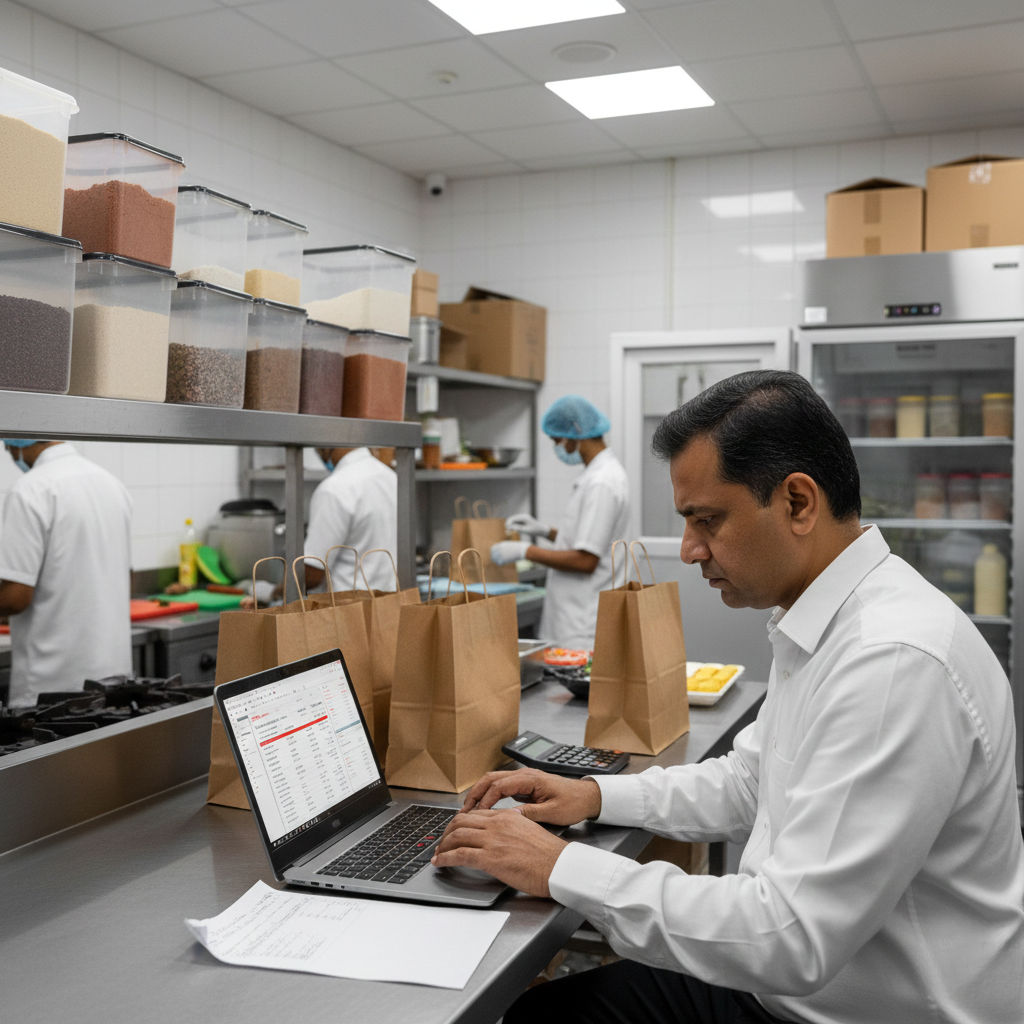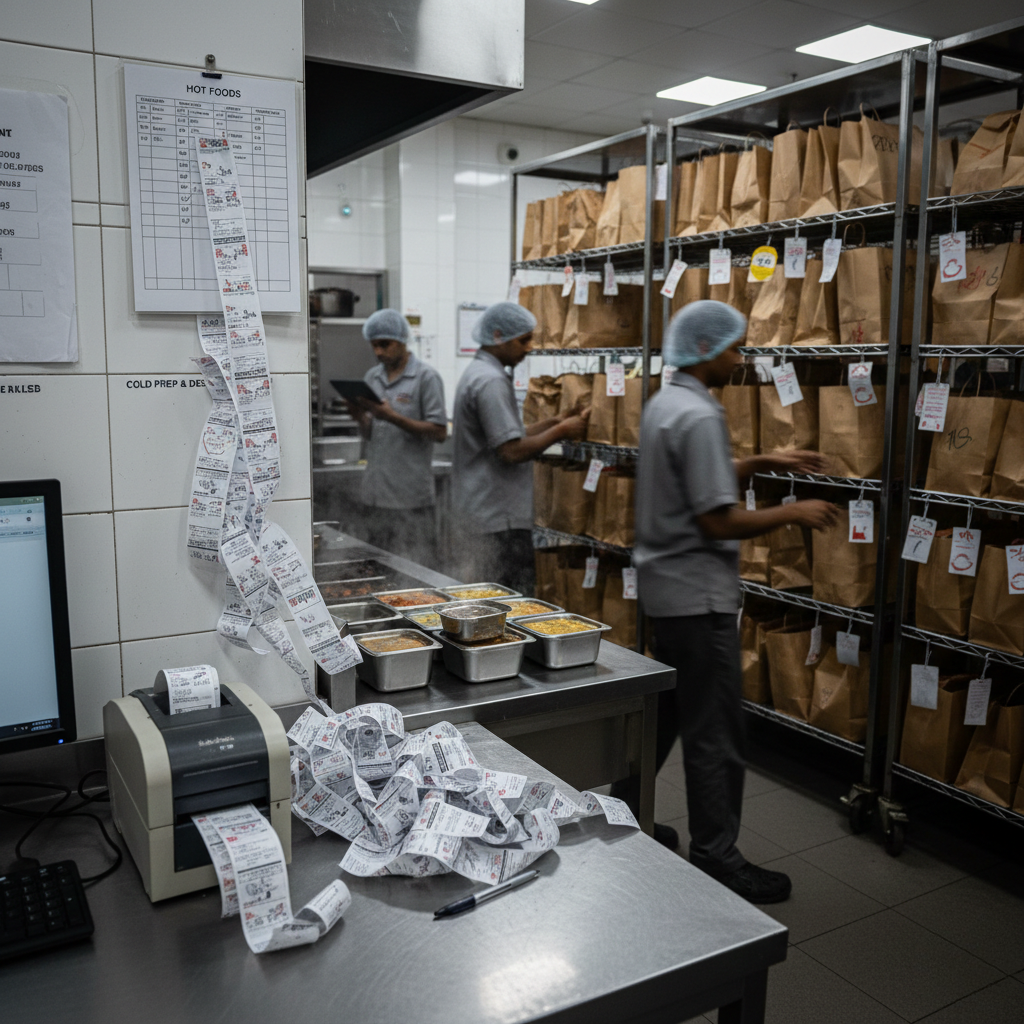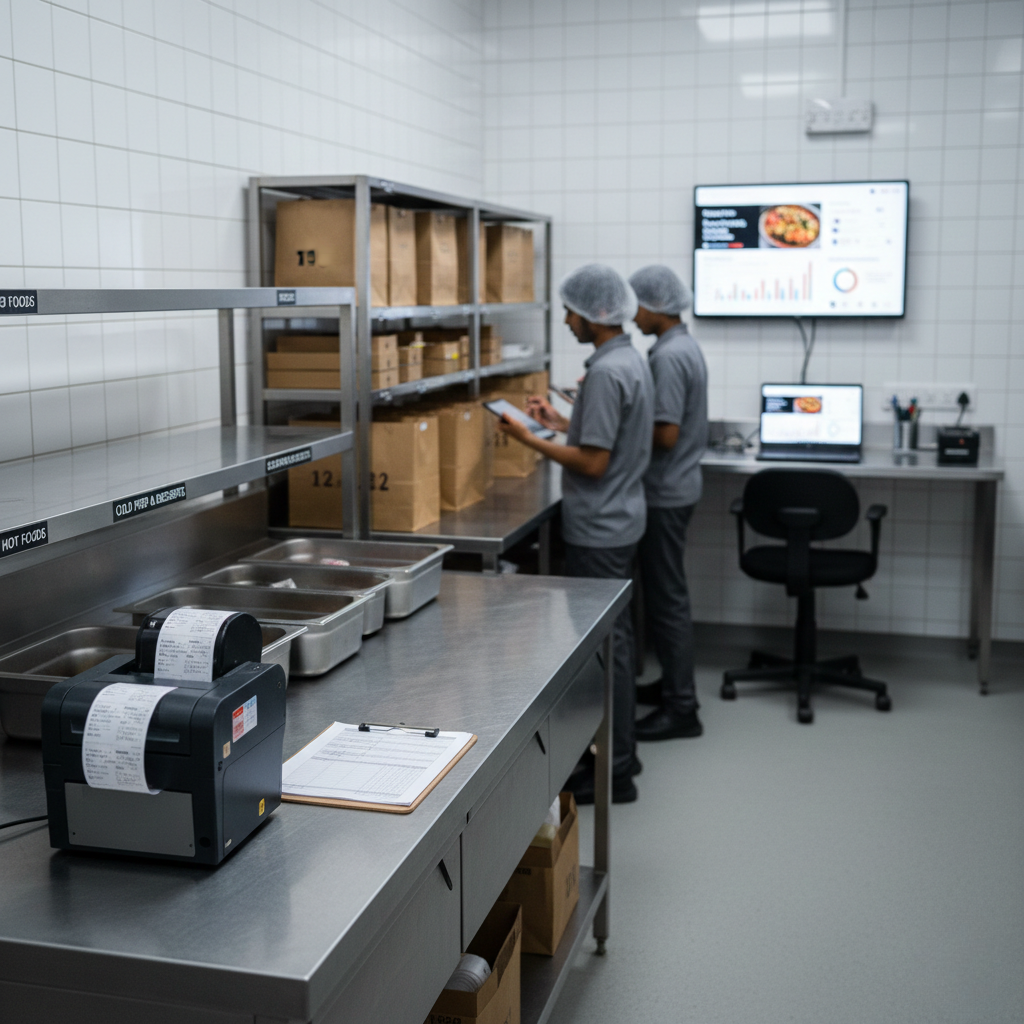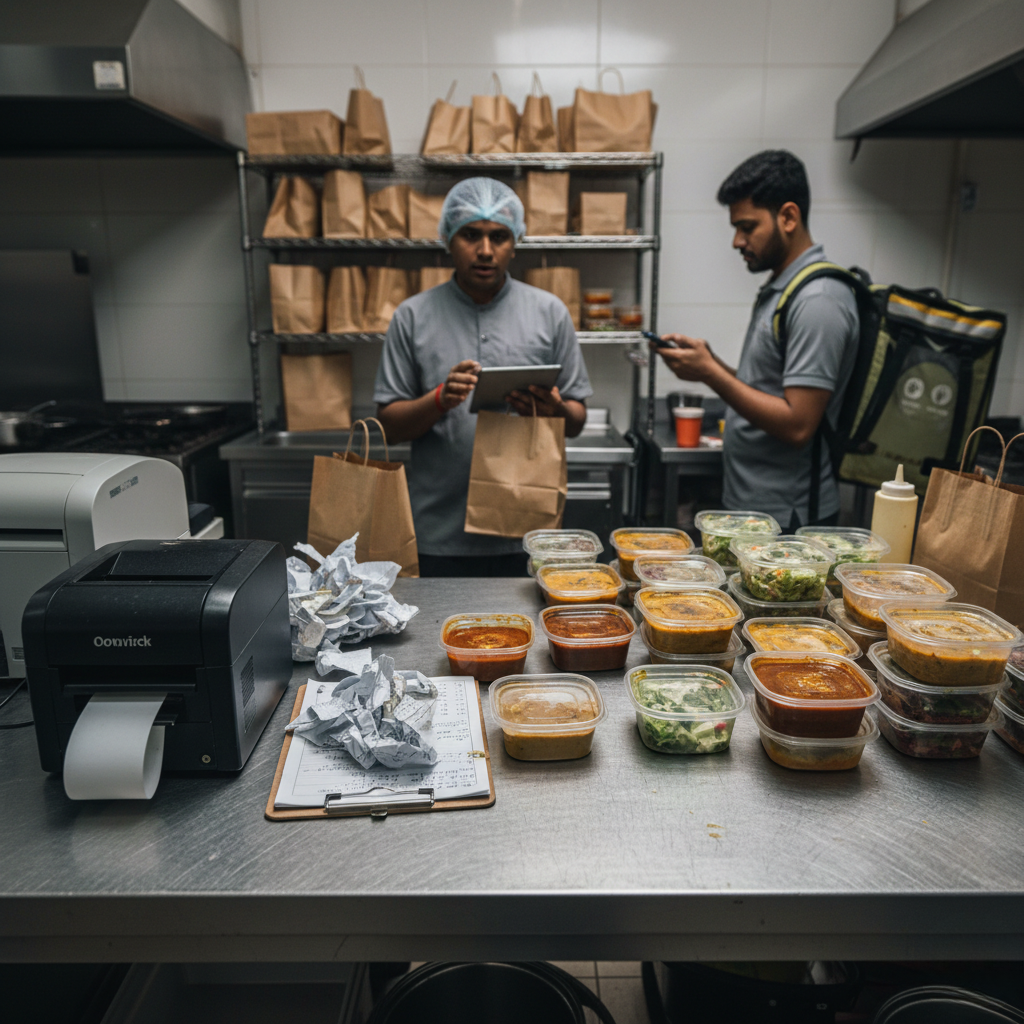India’s food culture is rich, diverse, and undeniably obsessed with biryani and kebabs. These iconic dishes have made their way from traditional kitchens to the heart of the modern-day food delivery scene. With the rise of cloud kitchens in India, these beloved culinary staples are now available at the tap of a button. If you’re thinking of starting your own biryani or kebab brand, now is the perfect time to jump into the market. But to make your mark in this competitive space, choosing the right business model is crucial. That’s where CKaaS (Cloud-Kitchen as a Service) comes into play.
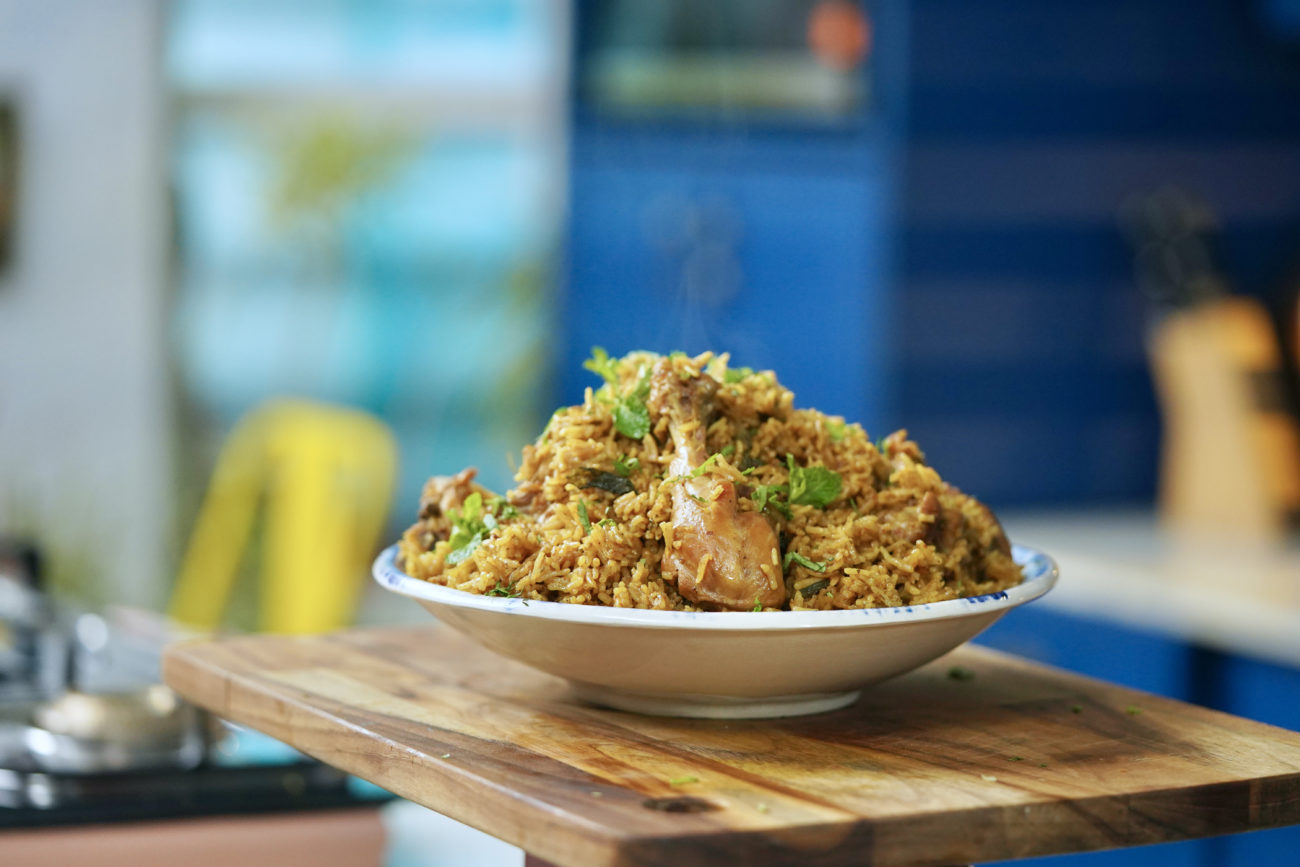
The Demand for Biryani and Kebab Brands in India
Biryani and kebabs have been crowd favorites in India for centuries, with variations like Hyderabadi Biryani, Lucknowi Biryani, and Kolkata-style Biryani making their distinct marks across regions. Add to that the irresistible appeal of kebabs — Shami Kebab, Seekh Kebab, and Tandoori Kebab — and you’ve got two of the highest-selling food categories in India. This demand isn’t just confined to restaurants; it has been fuelled by the increasing popularity of food aggregators like Swiggy and Zomato, where consumers prefer ordering their favorite biryani and kebabs instead of dining out.
According to market trends, Indian cloud kitchens offering these dishes are seeing record-breaking sales due to the widespread comfort of home delivery. As urbanization and working professionals increase, the convenience factor of having hot biryani or a perfectly grilled kebab delivered to your doorstep is unmatched. The popularity of these dishes spans across Mumbai, Pune, Bengaluru, Delhi, and other Tier 1 cities where the demand for food delivery is booming.
But while the market opportunity is massive, the path to success requires smart strategies and operational efficiency.
Challenges of Launching a Traditional Kitchen
Starting a biryani cloud kitchen India may seem like an exciting venture, but it comes with its own set of challenges. As someone who has launched and scaled multiple food brands, particularly in the QSR and cloud kitchen space, here are some key obstacles you’ll face when trying to launch a traditional kitchen:
1. High CapEx and Setup Costs
Setting up a biryani or kebab restaurant involves significant capital investment. From securing a location to setting up the kitchen, buying kitchen equipment, and hiring staff, the expenses can pile up quickly. Additionally, the cost of running a traditional restaurant — from rent to utilities and decor — makes the entry barrier higher for new entrepreneurs.
2. Consistency and Quality Control
Biryani and kebabs require meticulous attention to detail for flavor, aroma, and texture. Whether it’s the marination of kebabs or the cooking of basmati rice for biryani, consistency is key. Traditional kitchens often face challenges in maintaining the same high-quality output across multiple outlets.
3. Logistics and Delivery Infrastructure
In a highly competitive market, your logistics game must be on point. Managing deliveries across different locations, ensuring food reaches customers hot and fresh, and handling issues like food packaging and quality preservation can drain resources.
4. Staffing Issues
From skilled chefs who know the nuances of biryani cooking to delivery drivers who can meet deadlines, managing a team of this size can become a logistical nightmare, especially when scaling operations.
5. Supply Chain and Inventory Management
The key to a successful kitchen is maintaining a consistent supply of fresh ingredients. In a biryani and kebab brand, spices, meats, and fresh produce are essential for quality, and sourcing these ingredients reliably without wastage is crucial.
These challenges are magnified when trying to expand beyond a single outlet. That’s where the Cloud Kitchen as a Service (CKaaS) model comes in to solve these issues.

How KaaS Solves It All — The Grow Kitchen Advantage
If you’re looking to break into the biryani cloud kitchen India space, CKaaS could be your secret weapon. Here’s why the KaaS model from Grow Kitchen is the ideal solution for your biryani or kebab venture:
1. Ready-to-Use Kitchen Infrastructure
No more dealing with high CapEx or worrying about setting up kitchen infrastructure from scratch. With Grow Kitchen’s CKaaS model, you get access to fully-equipped kitchens in prime locations like Mumbai, Pune, and other Tier 1 cities. These kitchens come pre-fitted with everything you need to start cooking and delivering — from stoves to refrigeration, storage, and packaging equipment.
2. Location Advantage
Location plays a crucial role in the success of a cloud kitchen. Instead of spending years finding the right spot in a prime commercial area, Grow Kitchen offers location-based kitchen facilities that are optimized for food delivery. These locations are strategically chosen for high delivery demand, ensuring your brand reaches a broader audience quickly.
3. Lower Operating Costs
Grow Kitchen’s CKaaS model helps you avoid the overhead costs of traditional kitchens. You only pay for the kitchen space and services you use, significantly reducing rent, utilities, and operational costs. This model lets you focus on the heart of your business — perfecting your biryani and kebab recipes — while Grow Kitchen handles the logistics.
4. Scalability and Flexibility
As your biryani or kebab brand grows, Grow Kitchen provides the flexibility to scale your operations. Expand into new areas or cities with minimal investment, and scale up production without worrying about capacity constraints. Whether you want to launch a Hyderabadi Biryani in Bangalore or a Lucknowi Kebab in Pune, Grow Kitchen makes it easy to roll out new outlets seamlessly.
5. End-to-End Support
Grow Kitchen’s CKaaS model goes beyond providing kitchen infrastructure. You’ll also receive marketing support, inventory management, technology integration, and training for kitchen staff. Their all-encompassing approach ensures you have a smooth start and continued growth in the competitive food delivery market.
6. Integrated Delivery Networks
With integrated platforms like Swiggy and Zomato, Grow Kitchen ensures that your food gets to your customers faster, without the headache of handling your own delivery fleet. Additionally, the quality of service, from food packaging to delivery speed, is optimized for customer satisfaction.
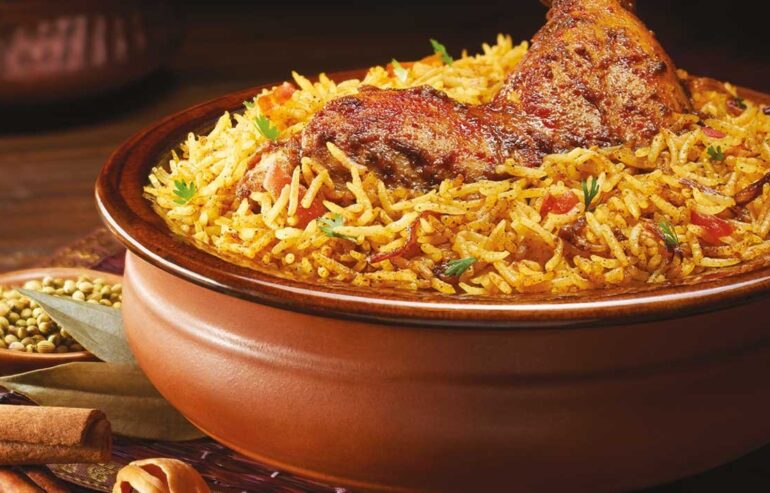
Read Also :- Launch a Burger Brand from Our Kitchen: Here’s the Playbook
How Influencers Are Building Food Brands Without a Kitchen
Launch Your Biryani/Kebab Brand Today with Grow Kitchen
Ready to launch your biryani or kebab brand and tap into the booming food delivery market? Don’t let traditional kitchen constraints hold you back. With Grow Kitchen’s CKaaS model, you can bypass the traditional hurdles and focus on what truly matters — creating mouthwatering biryanis and juicy kebabs for the hungry masses.
Start your biryani cloud kitchen India journey with Grow Kitchen today and experience a seamless process that supports your growth from day one. Sign up now and take the first step toward creating your very own food delivery empire.
FAQ’s
Q1. What is CKaaS (Cloud Kitchen as a Service)?
CKaaS provides ready-to-use Cloud kitchen infrastructure, reducing the need for high CapEx and allowing you to focus on cooking and delivery without managing physical kitchen operations.
Q2. How can I start a biryani or kebab brand using CKaaS?
By partnering with Grow Kitchen, you get access to fully equipped kitchens in prime locations, along with support for scaling, inventory management, and marketing.
Q3. What are the main benefits of the CKaaS model for biryani cloud kitchens?
KaaS helps reduce overhead costs, provides scalable kitchen spaces, ensures prime delivery locations, and offers all-inclusive operational support.
Q4. Can I expand my biryani/kebab brand across multiple cities using Grow Kitchen?
Yes, Grow Kitchen allows you to easily scale your brand into new locations without the hassle of setting up multiple kitchens or worrying about logistics.
Q4. Is Grow Kitchen’s CKaaS model only for biryani and kebab brands?
No, Grow Kitchen’s CKaaS model is versatile and can be used for various food concepts, including other cloud kitchen brands, depending on your menu and business needs.


